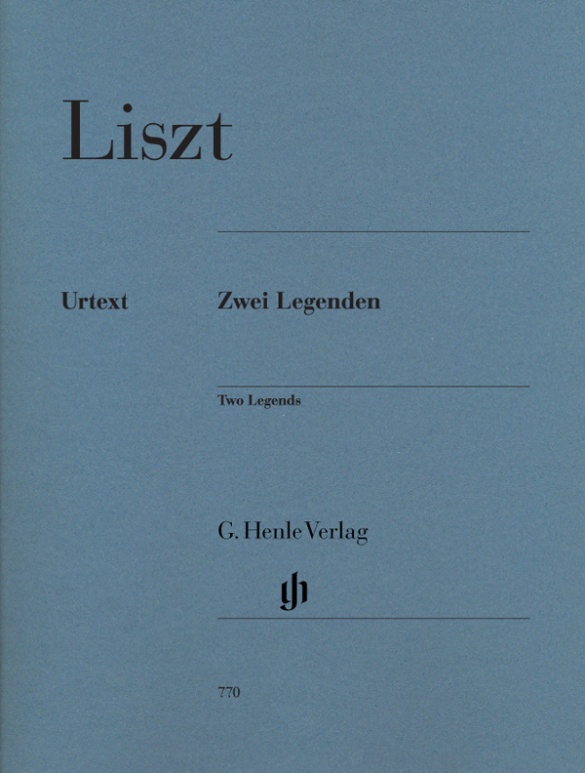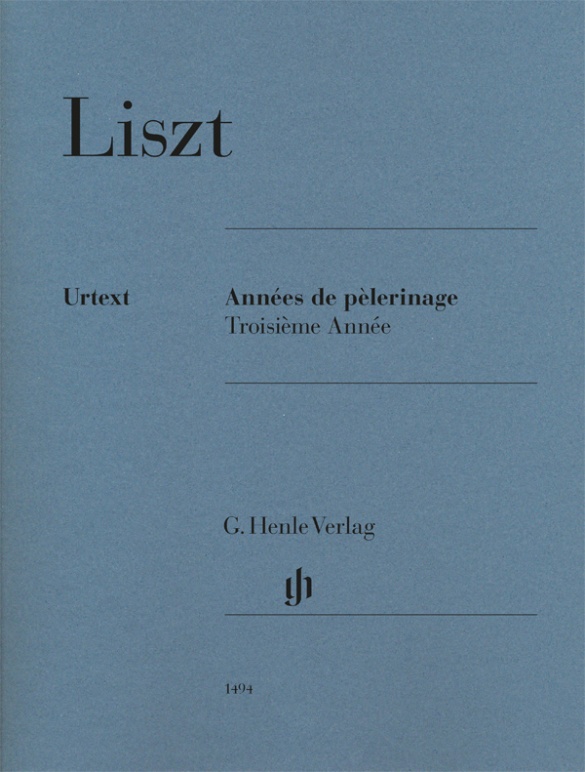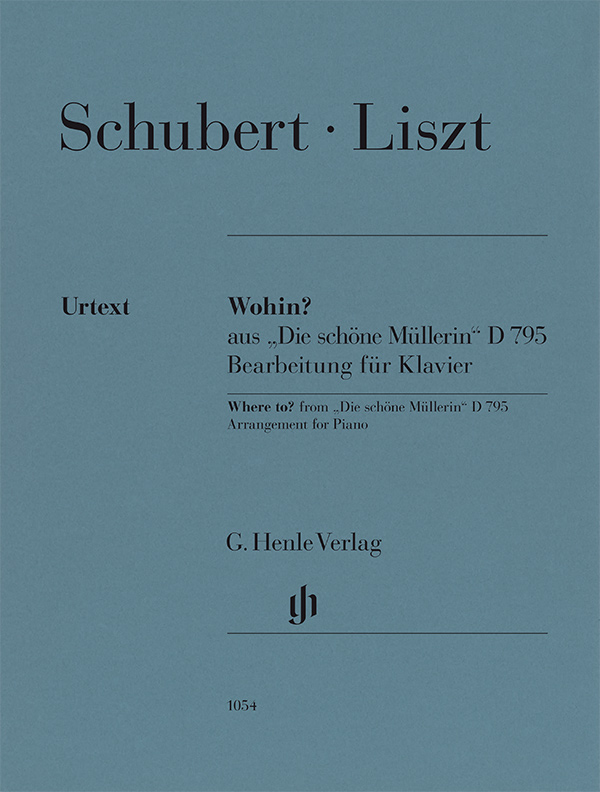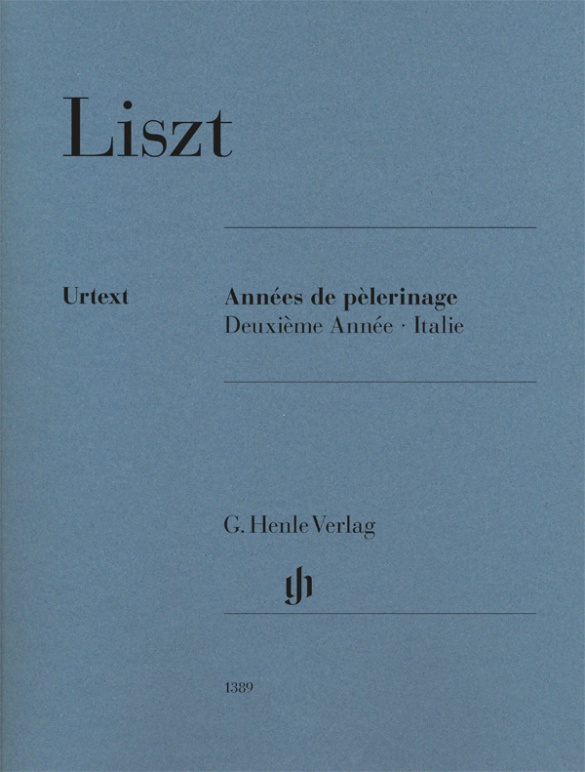

Franz Liszt
Années de pèlerinage, Deuxième Année – Italie
The composition and publication of the first two volumes of Liszt’s “Années de pèlerinage” are closely interlinked. Barely a year after returning from Switzerland, Liszt and his companion Marie d’Agoult set off in August 1837 on a trip to Italy which was to last over two years. In the “Switzerland” volume the composer portrayed first and foremost the nature, landscape and history of the country in his music, whereas the “Italy” part is devoted to impressions from literature (Petrarch, Dante) and the visual arts (Raffael, Michelangelo). The total of seven pieces, the high point of which is the “Dante” Sonata at the end, were composed between 1838 and 1849, but parts were reworked several times before their publication in 1858. The “Venezia e Napoli” volume, published three years later as a supplement, is available separately as HN 985. In this revised edition, a manuscript copy of no. 2 with corrections by Liszt (the engraver’s copy) has also been evaluated for the first time. The new fingering is by Swiss pianist Francesco Piemontesi.
Content/Details
(Explanation)
About the Composer
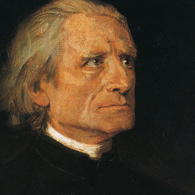
Franz Liszt
The most famous piano virtuoso of the nineteenth century is regarded as the most influential artist and composer (with Berlioz, Wagner) of the so-called New German School. His immense musical oeuvre comprises, above all else, works for solo piano, including numerous transcriptions; he also devised the symphonic poem. Important, too, are his sacred and secular choral works and songs.
| 1811 | Born in Doborján/Raiding (Sopron) on October 22, son of an official in the service of Prince Esterházy. First piano lessons from his father, early first attempts at composition, first public performance at age nine. |
| 1822 | Relocation of the family to Vienna, studies with Carl Czerny and Antonio Salieri. |
| 1823 | Relocation of the family to Paris. Composition studies with Ferdinando Paër and Antonín Reicha (1826). Performances in salons, concerts. |
| 1824–27 | Concert tours through France, to England and Switzerland. Composition of opera paraphrases for piano. |
| 1830 | Acquaintance with Berlioz, self-study by reading. He becomes Parisian society’sfavourite pianist and piano teacher. |
| 1835 | He moves to Switzerland with Countess Marie d’Agoult: their first child together, Blandine-Rachel, is born here. He continues concertizing in Paris. |
| from 1839 | Continuous concert tours throughout Europe. |
| from 1847 | Symphonic poems, including No. 2, “Tasso: lamento e trionfo”; No. 1, “Ce qu‘on entend sur la montagne” (‘Bergsymphonie,’ ‘Mountain Symphony’); “A Faust Symphony in Three Character Pictures”; “A Symphony to Dante’s Divine Comedy” (‘Dante Symphony’); as well as [No. 11], “Hunnenschlacht” (“Battle of the Huns”). |
| 1848–61 | Kapellmeister in Weimar; he advocates for progressive music (Wagner, Schumann, Berlioz). |
| 1857–62 | Oratorio, “The Legend of St. Elisabeth.” |
| 1861–68 | Resident in Rome. |
| 1865 | Takes minor holy orders. |
| 1866–72 | Oratorio, “Christus.” |
| 1871 | Appointed Hungarian court councilor; he lives in Rome, Weimar, and Budapest. |
| 1886 | Death in Bayreuth on July 31. |
About the Authors

Peter Jost (Editor)
Dr. Peter Jost, born in 1960 in Diefflen/Saar, read musicology, German and comparative studies at Saarland University in Saarbrücken. He did his PhD in 1988 with a thesis on Robert Schumann’s Waldszenen.
From November 1991 to April 2009 he was a research associate at the Richard Wagner Complete Edition in Munich, and since May 2009 has been an editor at G. Henle Publishers. His Urtext editions comprise predominantly French music of the 19th and 20th centuries, including works by Lalo, Saint-Saëns and Ravel.
Product Safety Informations (GPSR)

G. Henle Verlag
Here you can find the information about the manufacturer of the product.G. Henle Verlag e.K.
Forstenrieder Allee 122
81476 München
Germany
info@henle.de
www.henle.com
recommendations
autogenerated_cross_selling
Further editions of this title
Further editions of this title


